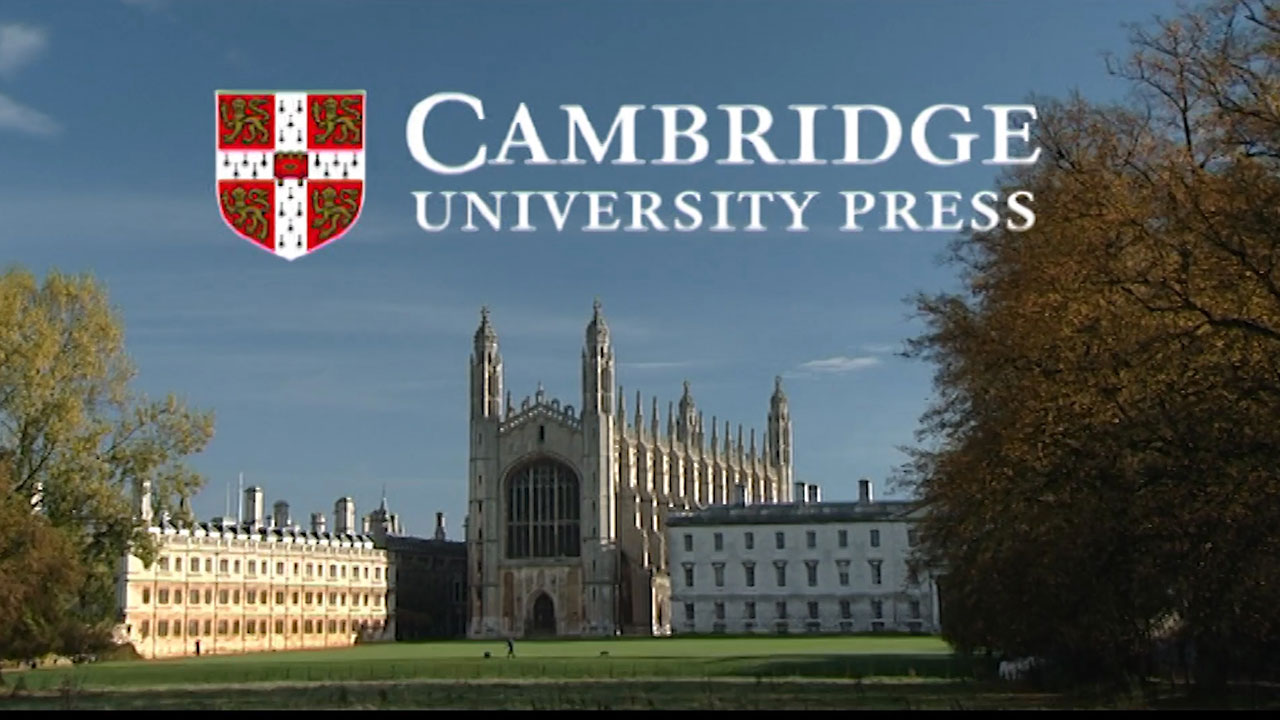 (TibetanReview.net, Aug20, 2017) – Cambridge University Press (CUP), one of Britain’s most respected academic publishers, has blocked online access in China to hundreds of scholarly articles and book reviews on China related subjects following a “request” from Beijing, reported Reuters Aug 18. As a result, it has pulled out over 300 articles and book reviews on its China site from the China Quarterly, one of the most prestigious journals in the China studies field, reported qz.com Aug 18. This was in addition to a similar “request” to take down more than a thousand e-books a few months earlier.
(TibetanReview.net, Aug20, 2017) – Cambridge University Press (CUP), one of Britain’s most respected academic publishers, has blocked online access in China to hundreds of scholarly articles and book reviews on China related subjects following a “request” from Beijing, reported Reuters Aug 18. As a result, it has pulled out over 300 articles and book reviews on its China site from the China Quarterly, one of the most prestigious journals in the China studies field, reported qz.com Aug 18. This was in addition to a similar “request” to take down more than a thousand e-books a few months earlier.
Tim Pringle, editor of the China Quarterly journal, has said CUP complied with the request, which came from the Chinese government’s General Administration of Press and Publication (GAPP), so as to prevent the shutdown of the entire CUP site.
Most of the articles in question relate to topics deemed sensitive to the Chinese Communist Party, such as the Cultural Revolution (1966-76), the Tiananmen Square democracy movement (1989), Tibet, Xinjiang, Hong Kong, and Taiwan, and date back to the 1960s, Pringle has written to the journal’s Editorial Board members.
Reuters noted that while foreign news is regularly censored or blocked in China, it was unusual for academic journals, which have relatively limited readership, to face such scrutiny. “In the old days restrictions were usually looser for academia, but now it is also tightening up. Social science study in China has stalled for many years. It is all results of censorship and information control,” Qiao Mu, a media researcher and former professor at Beijing Foreign Studies University, was quoted as saying.
Pringle has said the GAPP had sent CUP, via its importer, a list of more than 300 China Quarterly articles “to be pulled” from its website in China. He has added that CUP had also received a similar “request” to take down more than a thousand e-books a few months earlier.
“We note too that this restriction of academic freedom was not an isolated move but an extension of policies that have narrowed the space for public engagement and discussion across Chinese society,” Pringle has said in a statement.
Inquiries by China Quarterly were reported to suggest that it was “the only major China studies journal to be subject to these measures but it is likely other journals will be affected in the near future”.
Restrictions on academic freedom have been the norm in China, with curricula and speeches at universities being tightly controlled by the government, which is fearful of a repeat of the student-led pro-democracy demonstrations in 1989.
Many authors have expressed shock at CUP’s decision to bow to China’s pressure. “We are shocked by Cambridge University Press’s decision to comply with requests for censorship,” a group of authors, including Anna Ahlers, a professor in modern Chinese politics and society at the University of Oslo, have been quoted as having written in an open letter.


